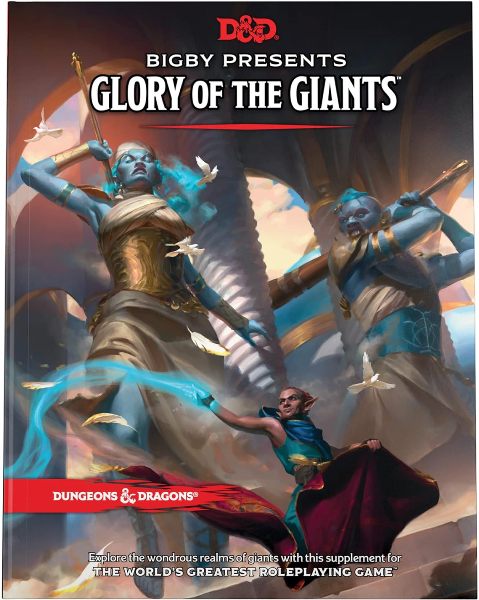Progressive Games: GM Planning, Part 4 (Sloppy Seconds cont.)
By Cape Rust
Should I stay or should I go? Do I stay in the same setting as the first GM or do I change the scenery? There are two sides to every coin and today we will explore a tiny bit of each of those sides. Unless your group as a whole decided what setting the game would start in, then the 1st GM had it easy. They could choose any setting they wanted and if logic prevails they chose a setting that they know and love minimizing the prep time and the anxiety that the 2nd GM will face.
Now the real burden placed on the 1st GM is still to create a situation where the transition from one GM to another will be painless for both GMs as well as the players. As previously mentioned the insurance policy that the 1st GM implements is aided by the keeping of a good continuity notebook. But even with a good notebook the 2nd GM still has to decide if they will stay or if they will go. Staying to me is the most difficult. Even if you as the 2nd GM are intimate with the setting that the 1st GM used, all of the minor changes they have made in the world are amplified once you take over and possibly change them. I equate this to writing one of the Star Wars books that takes place after the movies, you know the Star Wars Universe but there is a spice-load of canon you have to deal with.
Even with the canon problem looming over your head, a minor change of scenery rather than a complete change of setting will work. I mentioned moving the adventure to another continent but sometimes moving things to a different country will work just fine. If you are playing a space opera game, a new planet will do just fine. In modern games travel is quick and easy making the transition almost painless. I like that games like Shadowrun make travel possible, but they allow the GM to make that travel part of the adventure if they choose. Sometimes spending several game sessions making the journey a big part of the adventure is a good option. It worked quite well for Tolkien, why can’t it work for you?
If you do decide to stay in-place, the amount of communication needed between GMs increases and becomes even more important. If people in your group don’t interact too often away from the table, then spend an hour or so chatting in your favorite medium (face to face, phone, internet, whatever) about the game so that as the oncoming GM you know some of the smaller details in the world the 1st GM knows. Even if you accomplish this interaction with a string of emails, your game will be better off for doing it.
If you stay, find out what, if anything, the 1st GM had going on behind the scenes. Depending on your gaming relationship with that GM, you can even enlist them to help you move the party along when they assume duties as a player. If not handled correctly and minimally that can turn into a problem, but if you ask that player to suggest the party help the elves rather than the orcs, you shouldn’t run into too many problems.
If you decide to change the setting then there isn’t much I should need to tell you other than you should choose a setting that will allow the characters to remain as they currently are or will be able to operate and have fun. What is the point of changing to an underwater setting if none of the characters have the means to operate in that setting? How much fun is it for a party full of unique races to be stuck in a world full of just one kind of race that kills anything other than that race on sight? If you are going to introduce planar travel, think about where the characters will be sent and what they need to survive in that environment. Don’t make it too easy, but unless you are trying to play the tabletop version of Survivor, give them the ability to obtain what they need to have fun. If visiting the plane of fire, something that keeps the players from instantly becoming crispy critters should be in order… you get the idea.
Being the GM who is getting sloppy seconds doesn’t have to be a bad experience if you do things right. This includes communicating with the previous GM, deciding on a setting and ensuring that the players have what they need to have fun. If you are unhappy with the setting, change it. Remember that while I encourage you to be player centric, if you are not having fun, then your players won’t. A little preparation goes a long way. Next week we will discuss the 3rd GM and how to play for that job. Please have a happy Thanksgiving and be safe. If you get time to game, it is good for your soul!


